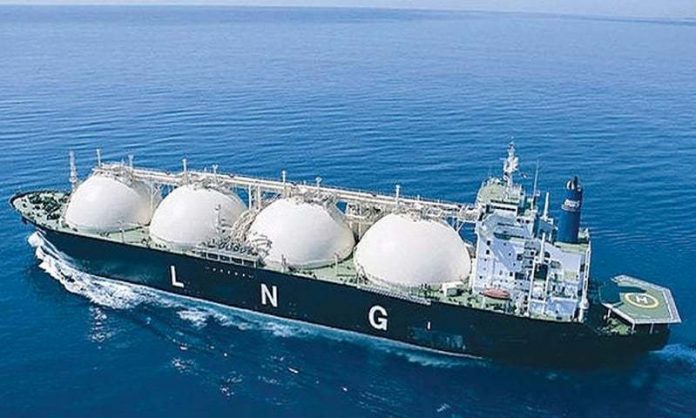Islamabad: With the growing energy demands, the current government seems determined to sign agreements with big African LNG exporters Nigeria and Algeria.
The outlined plan sees the country doubling its Liquefied Natural Gas (LNG) imports by inking agreements with Algeria and Nigeria by the end of this year. It will be a government-to-government gas supply agreement and currently Pakistan is importing 4.5m tons of LNG a year, which is expected to double to 9m tons by end of 2017.
The country’s demand is expected to grow by 20m tons within a span of three years and to 30m tons in five years, according to projected forecasts.
A draft agreement as per sources will be put forth to the cabinet for approval purposes, before a formal inking of gas supply agreement with Algeria and Nigeria.
Nigeria was among the top five exporters in the world as per a report compiled by the International Gas Union (IGU) in 2015-16. In 2016, Nigeria’s production dropped to 1.8m tons but didn’t affect its position among the top five exporters globally.
Algeria which supplies LNG to Europe and is vying to protect its market share there is said to be pumping up more LNG in order to compete with US and other countries. Its output is said to have risen from 128.3 billion cubic meters (BCM) in 2015 to 132.2 BCM in 2016.
Pakistan had inked an agreement with Qatar in 2016 to import 3.5m tons of LNG on an annual basis for a period of 15 years to plug the gas deficit been faced by the country since the last 8 years or so.
The country has been in the grip of a severe gas shortage, as natural gas supply from domestic sources have dried up and most regions especially Punjab bears the brunt of outages during winters.
The import of LNG has breathed a new lease of life into the ailing CNG sector, power producers, fertilizer plants and other industrial sectors.




